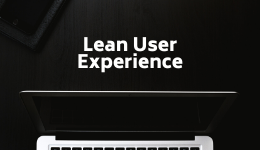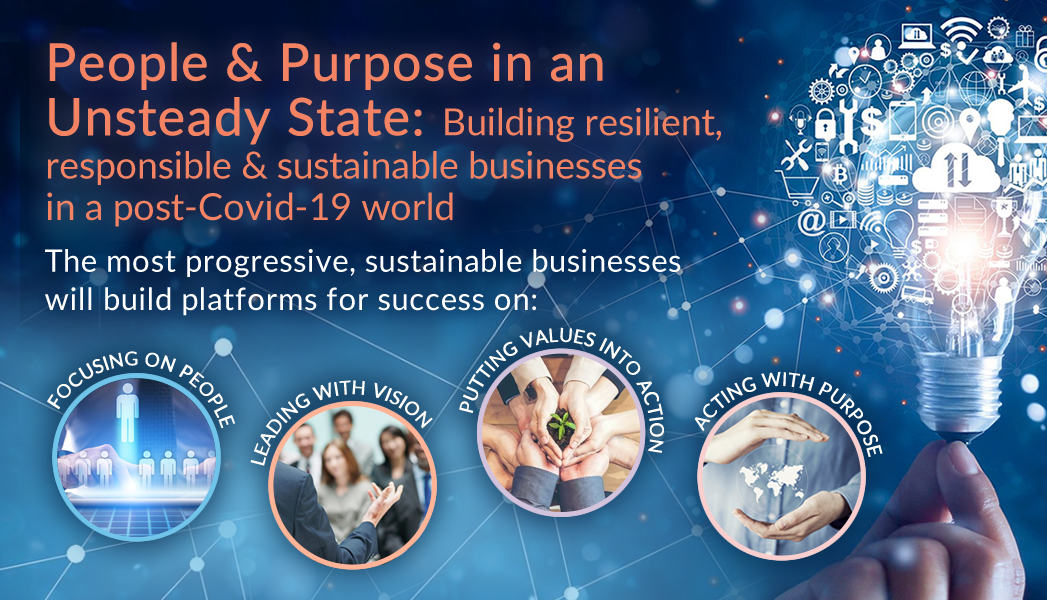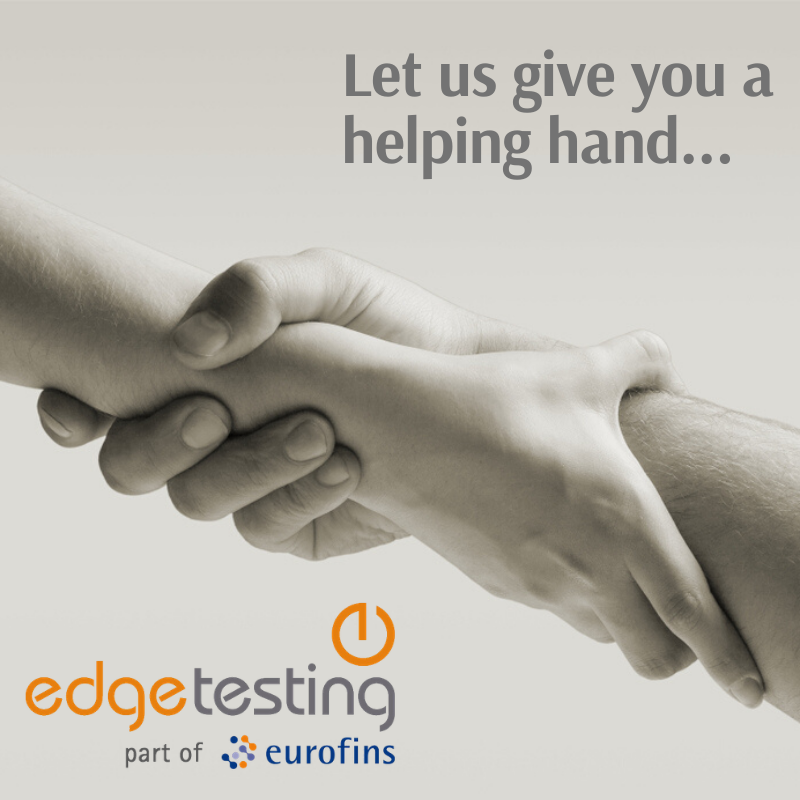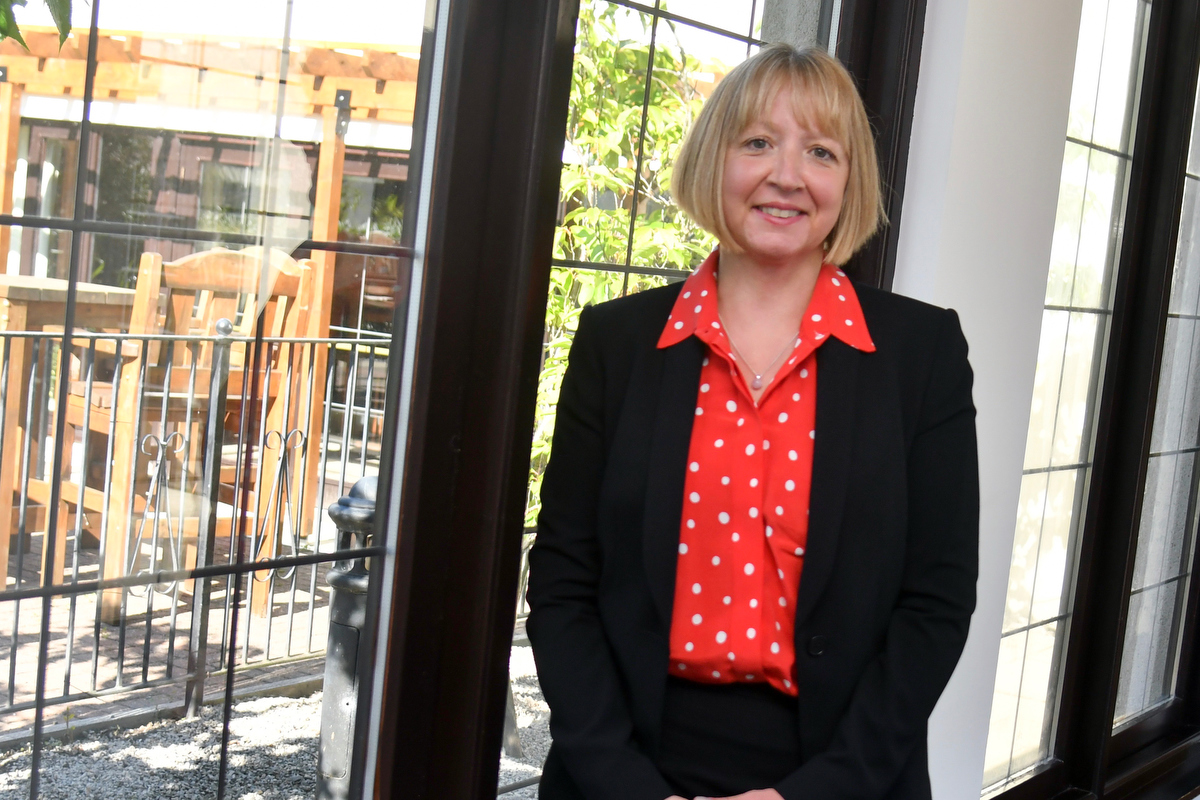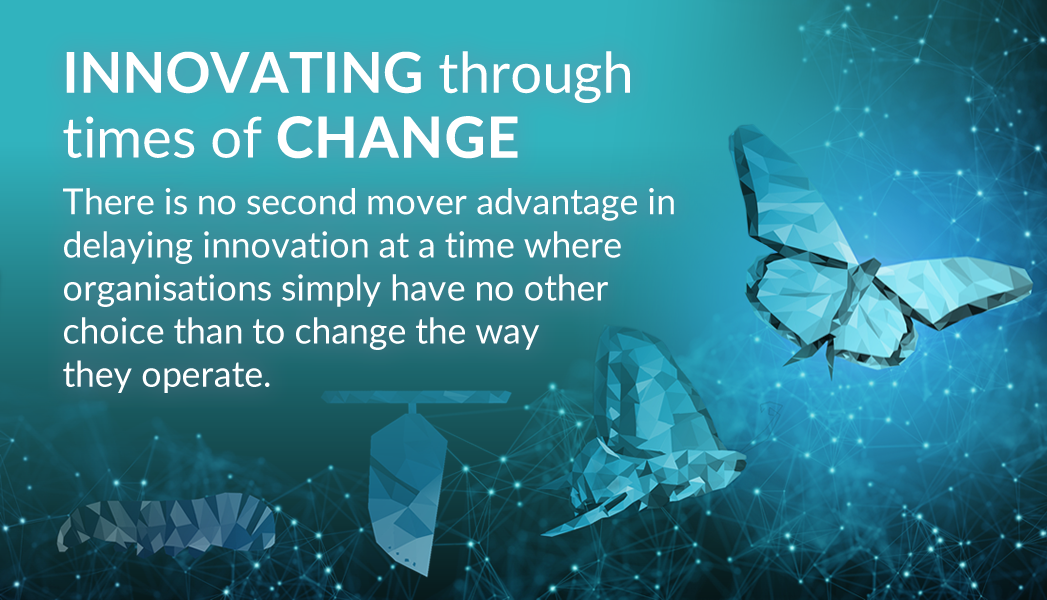
Implementing an Agile delivery approach is an exciting and daunting time. Even more so for those organisations in phases of growth.
The first step is to get buy-in from your whole team. It's critical everybody understands the reasons for the changes. Agile rarely gets a second chance. New ways of working are either embraced, or quickly seen as a failure and put in the experiments bin.
Your business can't afford the transformation to cause serious delays or project failures. Getting from where you are now to a better place needs a plan which is swift and successful.
Key to this is the team feeling that they own the changes. They need to stick. It's important to get everybody involved and on the same page.
Understanding the Role of an Agile Coach
The option many choose when implementing Agile is to hire a coach. An experienced professional who can plan and guide the changes. Someone who has done it all before. A leader who can education and support. Allowing the team to maintain focus on project success.
And that's exactly what a good Agile Coach will do. Support Agile adoption. Improving team performance. Guide the process improvements. Be mindful that paid work still has to happen. Ensure projects don't come off the rails.
Agile coaches aren't just about delivery. They have important work to do across all areas of the business. Coaching a successful Agile adoption at the business level. From the CEO or founder, to every manager and team member.
The best Agile Coaches have broad abilities. Strong people skills. Deep Agile knowledge. The ability to foster a collaborative environment.
The right Agile Coach doesn't need to be embedded full-time to put ways of working in place. They'll educate, clarify expectations, and then step away to allow trying things out.
The approach should be sequential and achievable. Steady adoption of Agile ways of working.
Identifying Your Agency's Needs
Every agile transformation is different. Your business is unique. You'll have specific challenges, frustrations, constraints and priorities.
Current Challenges
The first step is to pinpoint key frustrations. The steps or activities in your current delivery approach that raise eyebrows.
- What isn't working with your current delivery approach?
- What do clients, stakeholders and team members complain about?
- What consistently causes friction or conflict?
These will become some of the markers of transformation success.
Desired Outcomes
Beyond the existing challenges, what would you like to be great at?
- Quality
- Transparency
- Documentation
- Communication
- Team motivation
Knowing the key success metrics allows plotting a course towards excellence.
Ways of working
For big organisational shifts, it can be reassuring to occasionally have people in the same room. You may choose to meet a potential coach in person before hiring them. Consider proximity.
(If you're reading this Manchester Digital post, you're likely looking for an Agile Coach in Manchester)
How much time to invest
Keeping your business ticking over is the priority.
A transformation often needs more work upfront. First comes focused education and learning. Then ongoing coaching and reviews to help embed the new approach.
How much time can you invest in change? How much time to keep your business healthy?
Where to Find Your Agile Coach
You've decided transformation is desirable. Your team has bought into the changes. It's time to look for the right person to guide you.
Networking and Referrals
A great place to start is your circle of trust. Leverage your professional network. Seek out recommendations.
Consider whether your needs are the same as those making the referral. You may be in a different sector to them, or a different size.
Although Agile ways of working have fundamental principles, businesses have broad differences. Your situation may not be a fit for all coaches.
If you can't find suitable recommendations, it's time to search.
Online Platforms
LinkedIn and similar platforms can help you find connections. Likely known to your existing network.
You can ask for trusted opinions of the person before you contact them. Check their posting history, their profile, and get a feel for their personality.
Search engines are also useful if you have geographic needs. Add your town, city or region to a search query to find potential coaches in your area.
Evaluating Potential Candidates
Not every Agile Coach will be a good fit for your business. Consider each against what your team need from a coach.
Experience and Fit
Is experience in your industry important? Or with your size of business? You might have a specific need you want to be reassured about.
Alignment Questions
Beyond their public profiles, what do you want to know?
- Have they worked with similar businesses?
- Do their ways of working align with yours?
- Will they fit into your team's culture and align with your values?
- How much do they charge?
- Is their availability currently suitable for the task?
Ways of working
Ask about their approach to common delivery challenges. And their experience in similar environments.
Learn what the process would look like and how well it matches your teams' needs.
Making the Decision
Once you've evaluated potential coaching partners, it's time to make a decision.
By now you'll know their experience, have asked about ways of working and checked availability. If it all lines up, your decision will likely come down to alignment. Consider gut instinct too. Both are critical when making decisions about people centred challenges.
The Early Days
It's important not to expect immediate big changes. There's a lot for an Agile Coach to consider. They'll need to understand your business before acting.
Trial Engagement
Starting with a short-term agreement can help to assess fit and effectiveness. You might base it on a review of your existing delivery approach. You might limit it to the creation of a plan for the transformation.
Sometimes early sessions with managers, and foundational Agile education can come first.
Feedback Mechanisms
Reviewing ways of working is critical in Agile, and should be central to your Agile Coach engagement. Set up regular check-ins. Define feedback loops. Ensure continuous improvement of the transformation, not only your new Agile approach.
The giving and receiving of feedback are core abilities of an Agile Coach. So is active listening. A coach avoiding feedback should raise a red flag for you.
You're Ready!
Implementing an Agile delivery approach can be exciting and daunting.
Choosing the right coach ensures you and your team feel supported every step of the way.
This guide will help you define the change you would like to see, and have a better idea of what success looks like.
Only bring in your chosen Agile Coach once you have some expectations defined. This shows you've done the initial thinking.
Ensure you also have buy-in of your whole team.
Fundamental change means everybody embracing new ways of thinking and working. Your team should be ready to move in the same direction at the same speed.
Work closely with the coach and your team. Be patient. Celebrate the small steps. Enjoy your journey!
--
Need help implementing Agile at your business? Feel free to get in touch with questions.
Published 28.06.24 by Harry Bailey
